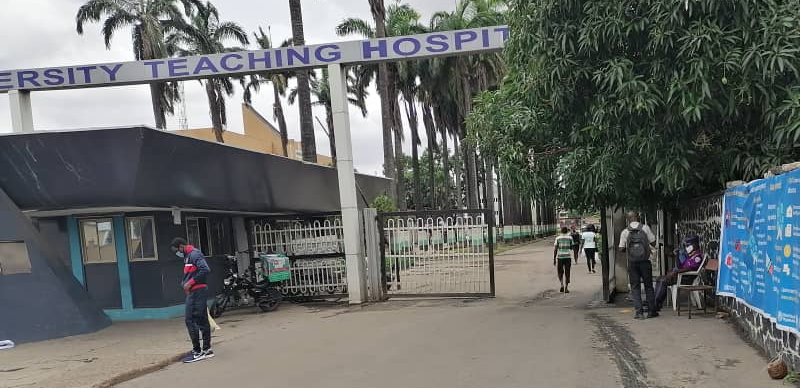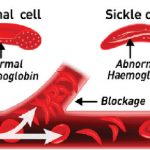By Grace Edema
The College of Medicine of the University of Lagos, Idi-araba, Lagos, has said its newly unveiled Centre for Clinical Trials, Research, and Implementation Science, will help build capacity in conducting clinical trial research in Nigeria.
Speaking at the unveiling, Deputy Provost of the College of Medicine, University of Lagos. Prof. Albert Ebuehi-Osaretin, said, “This centre is also going to provide human capacity development, which currently is of immense need. This centre will also run certification programs in the area of awarding diplomas, master’s degrees, and even Ph.D. for people who will be taught the art and the skills of clinical trials in Nigeria. Recently we have had very few manpower who are competent or knowledgeable in the science and arts of clinical trials in Nigeria, so this centre would fill that gap.”
He revealed that the CCTRIS was one of the 22 research centres in UNILAG, saying it would also conduct trials on drugs that were manufactured to take care of various medical conditions.
Also speaking, Director, CCTRIS, Prof. Bosede Afolabi, said the centre would help drive more effective and efficient health care.
She said, “What we aim to achieve is to build capacity in conducting clinical trial research because it’s done all over the world, but it’s not being done frequently in Nigeria, so we want to build capacity in conducting implementation research and other clinical research and also be the gap between the university community, the research community and the stakeholders, which is the government we want to ensure that we help provide the service of clinical trials research as well as to advocate for those things to be used for the benefit of healthcare in Nigeria by partnering with the government and other stakeholders including industry partners, policymakers and non-governmental organisations.”
Dean Faculty of Clinical Sciences, CMUL, Prof. Folashade Akinsola said, “We are all geared up now for research and for impact on the community. At this centre, they are working on mothers and babies by introducing iron that can be given intravenously so that the mother and baby will not lack iron. They are seeing positive results already. All the centres will work together assiduously to be able to do research and implement the outcomes of the research. Stakeholders should support and fund health, when government fund health they will see the impact on the people.”
Source: The Punch








